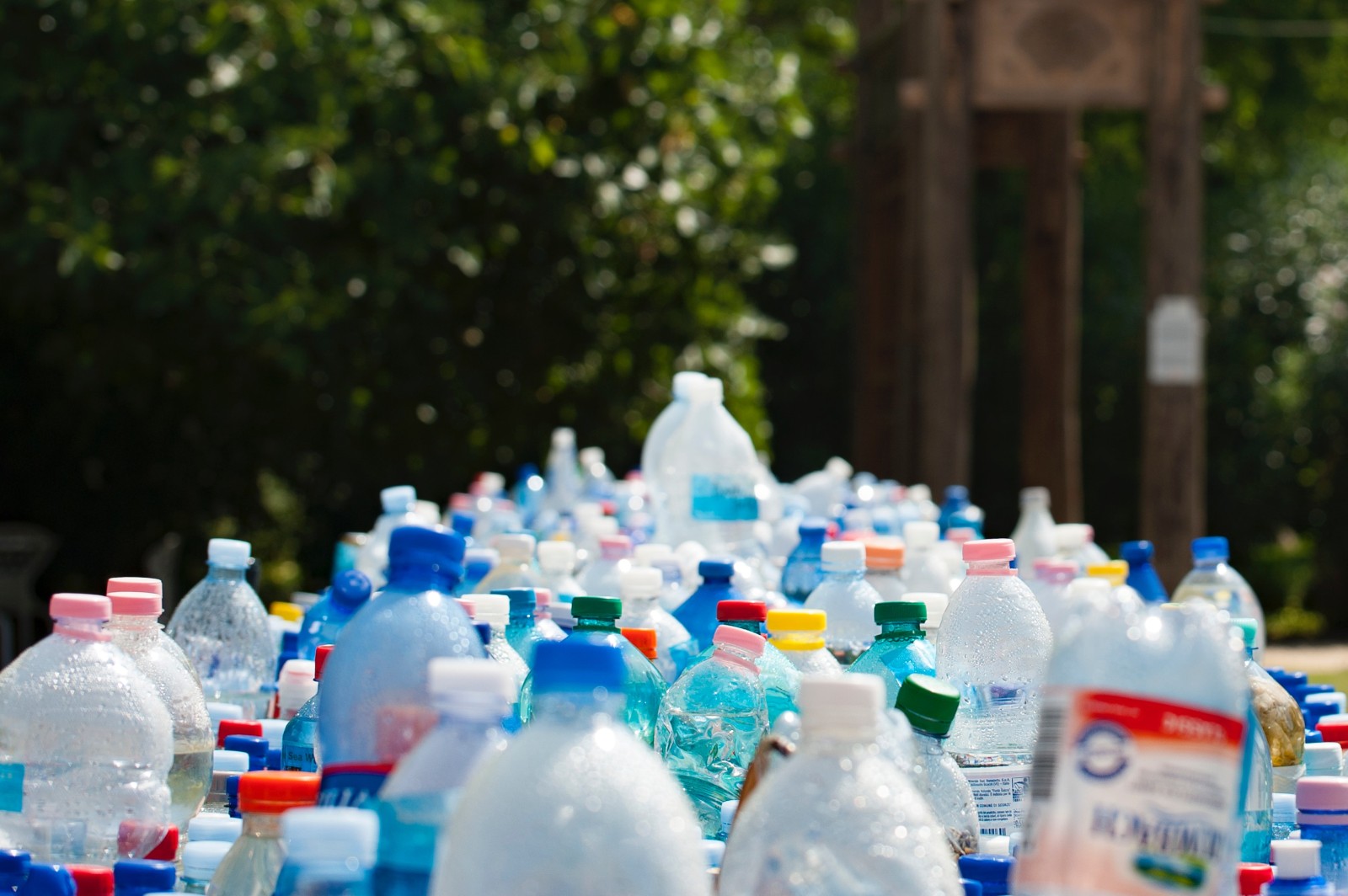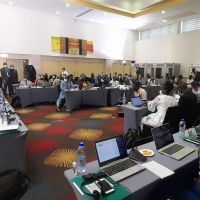Commission narrows scope of circular economy package
Ez is érdekelhet

The European Commission’s new circular economy roadmap is likely to be narrower than its predecessor, the first priority action list indicates.
A scoping note seen by ENDS says the circular economy is an “extremely wide” subject and so it must identify priority areas to focus on.
The commission’s previous circular economy package was withdrawn last December with the promise of a “more ambitious” proposal this year.
But the scoping note, which was drafted by the European Commission’s secretariat general and is dated 20 March, says a “narrowing down of the scope is essential to deliver a clear, concise and effective roadmap for action, and to allocate efficiently the resources within the commission services”.
The roadmap will focus on sector and product-specific approaches “where the challenges and technical possibilities can vary greatly” rather than horizontal measures, which it argues are not always best suited to addressing barriers to the circular economy.
It sees three main barriers to increasing the proportion of secondary raw materials on the EU market:
Interaction with chemicals regulation.
Low demand from manufacturers, which do not have incentives to use recycled materials instead of primary ones.
Lack of standards for recycled materials, such as end-of-waste criteria, and the fact that the quality and supply of materials relies on local waste management practices.
On the first problem, the commission will seek to reconcile plans for greater resource efficiency with increasingly tough chemicals regulation, saying there is a contradiction between the aim of the REACH regime and the aim of increasing recycling.
It notes that the number of chemicals restricted in EU products “keeps on growing” and compliance with chemical rules can be more difficult for recycled products.
Other specific suggestions are measures against planned obsolescence to stop manufacturers from shortening product life spans to prop up sales, and forcing manufacturers to make spare parts available to repair broken products.
Measures to address false ‘green’ claims and the extension of green public procurement criteria to cover circular economy issues are also mooted.
The final roadmap is scheduled to be published by the end of the year alongside revised waste targets and policy proposals.
As part of the review, the commission will consider setting targets for separate collection of specific waste streams as well as mandatory targets for recycling rates and residual waste, the paper indicates. It also suggests further analysis is needed on whether to introduce EU guidance on food waste.
But the European Parliament is still pushing for a binding resource efficiency target of 30%, which had been included in the withdrawn package. MEPs on its environment committee are working on a formal position, which is scheduled to be completed in June.
Source: endsreport.com







